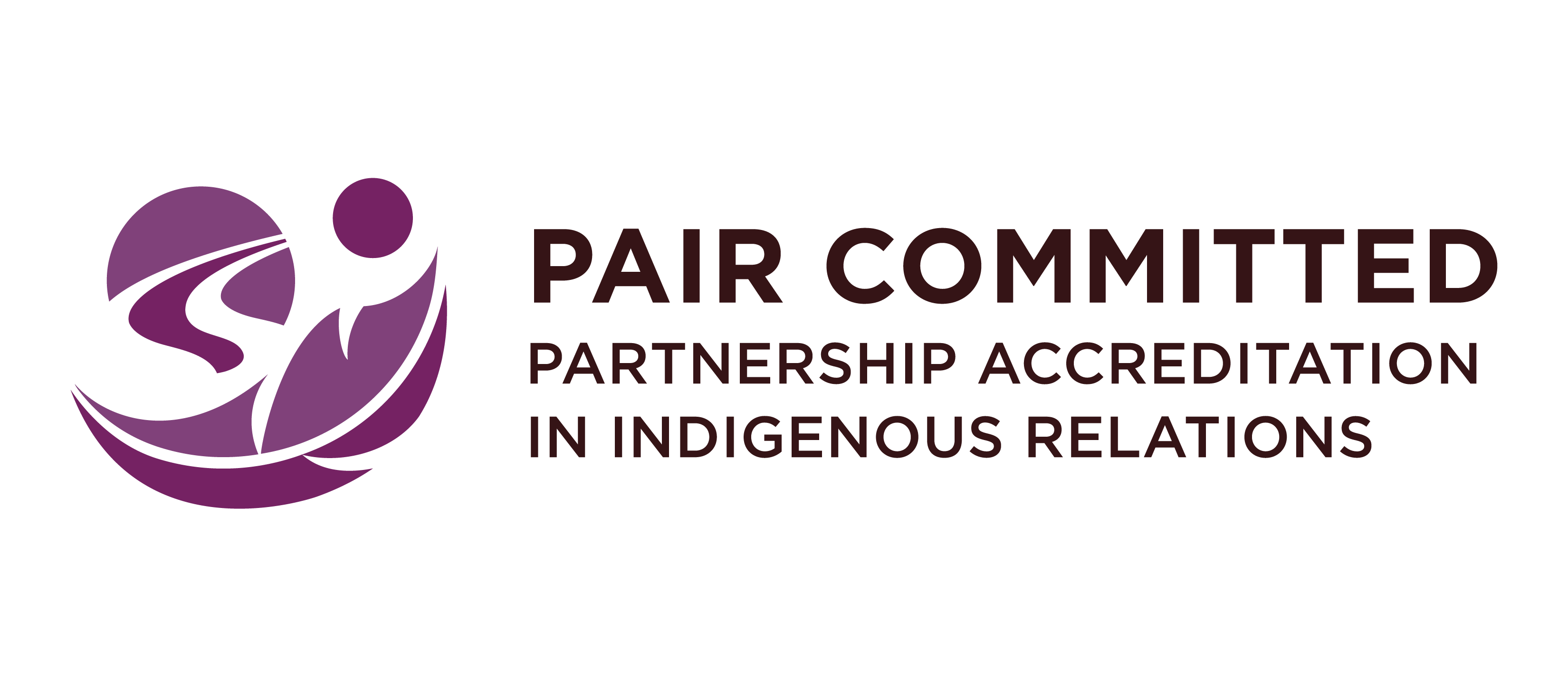Indigenous relations
Babcock Canada acknowledges that the land on which we operate across Canada is the unceded territory of Indigenous Peoples. We are grateful to work, live and play as guests on these lands.

Our commitment
We are committed to building meaningful and mutually beneficial relationships with Indigenous Peoples. By working through a framework based on skills development, workforce inclusion, procurement, and true partnerships, we positively contribute to societal progress. Our efforts are not limited to our immediate areas of operations but extend to fostering positive relationships with Indigenous communities throughout Canada.
14
Partnerships with Indigenous businesses
$200K
Annual investment in Indigenous workforce development
Partnership Accreditation in Indigenous Relations
In 2020, we adopted the Canadian Council for Indigenous Businesses‘ Partnership Accreditation in Indigenous Relations (PAIR) certification as a pivotal framework for our policy and program evolution. PAIR certification ensures that our interactions with Indigenous Peoples, communities, and businesses are grounded in mutual respect and meaningful benefits.
Adopting PAIR certification as a Reconciliation Framework reaffirms our commitment to fostering equitable partnerships and maximizing Indigenous participation within our operations, solidifying the foundation for years of respectful and beneficial collaborations.

Truth and Reconciliation Commission’s Call to Action #92
Babcock Canada strives to lead Indigenous participation within Canada’s defence and aerospace sectors. We are committed to implementing the spirit and intent of Canada’s Truth and Reconciliation Commission’s Call to Action #92 (Business Reconciliation), including:
- Through meaningful consultation, respectful relationships, and partnerships with Indigenous communities and businesses.
- Ensuring Indigenous Peoples have equitable access to jobs, training, and education opportunities.
- Ensuring Indigenous communities gain long-term sustainable benefits from our operations.
- Management and staff are educated on the history of Indigenous Peoples and receive skills-based training in intercultural competency, conflict resolution, human rights, and anti-racism.
